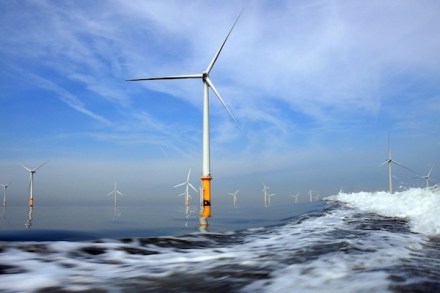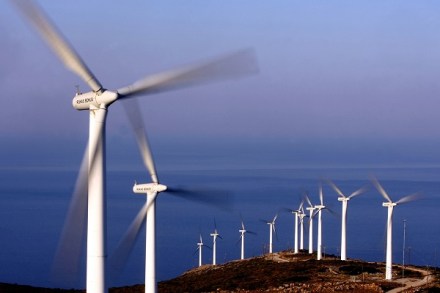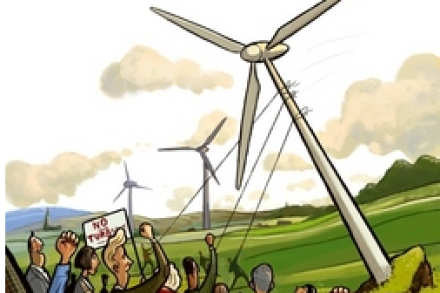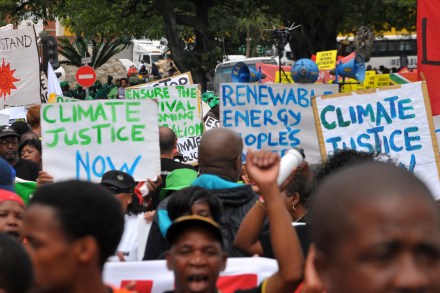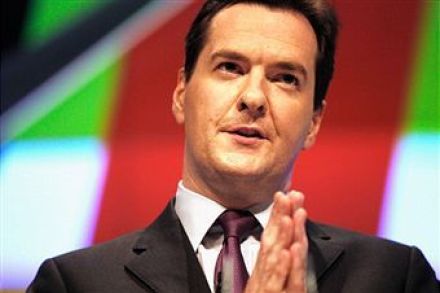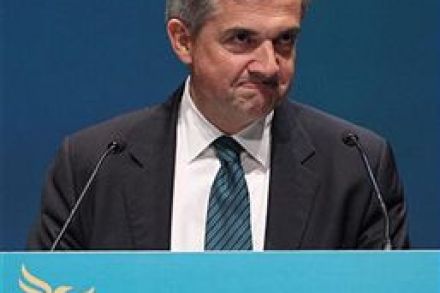Danny Alexander’s real enemy
Danny Alexander, the Chief Secretary to the Treasury, is to drop his normally conciliatory voice to attack the Tories at the Lib Dem party conference in Brighton. So what? you may well ask. The mild-mannered Alexander is unlikely to strike the fear of God into his listeners, assuming that anyone beyond the conference hall will be listening, or indeed that the conference hall is full: Brighton being lovely at that time of year. Besides, bursts of splenetic outrage at one’s coalition partners have become a feature of conferences, particularly since last year’s unhappy AV referendum. There is, dare I say it, a suggestion that they are choreographed for the TV


